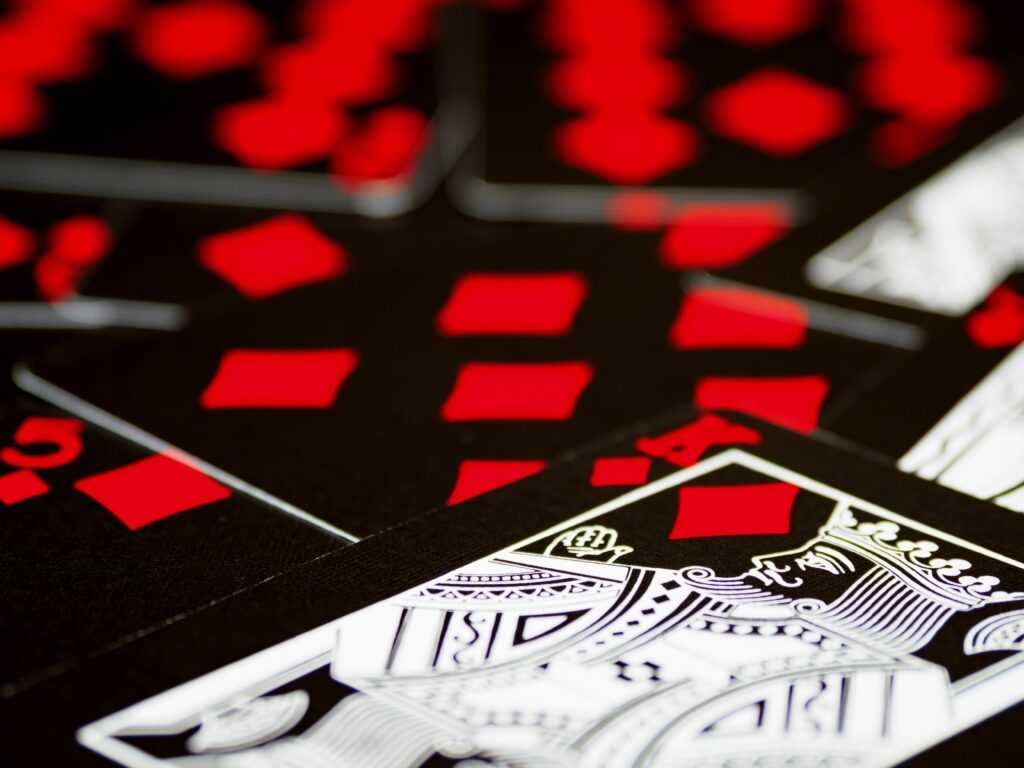As someone deeply immersed in the world of betting, I’ve come to understand the profound impact that cognitive biases can have on our decision-making processes. In the realm of betting, these biases can often lead us astray, clouding our judgment and influencing our choices in ways we may not even realize. It’s crucial to recognize and address these biases to enhance our betting strategies and improve our overall outcomes.
In this article, I’ll delve into the fascinating world of cognitive biases in betting, shedding light on some of the most common pitfalls that bettors encounter. By understanding these biases and learning how to overcome them, we can elevate our betting game to new heights. So, join me on this insightful journey as we explore the intricate interplay between our minds and our betting decisions.
Understanding Cognitive Biases in Betting
Starting with a clear understanding of cognitive biases is crucial in the realm of betting. These biases are systematic patterns of deviation from rationality, affecting judgment and decision-making. Being aware of how cognitive biases operate can significantly impact betting strategies.
Definition of Cognitive Biases
Cognitive biases refer to the errors in judgment that individuals tend to make systematically. These biases often stem from mental shortcuts that our brains use to process information quickly. In the context of betting, cognitive biases can lead to flawed decision-making, impacting the outcomes of bets.
Impact of Cognitive Biases in Betting
The impact of cognitive biases in betting is profound. Betters may exhibit biases such as overconfidence, confirmation bias, or the hindsight bias, leading to suboptimal decisions. Recognizing and addressing these biases is vital for bettors to enhance their analytical skills and make more informed and rational betting choices.
Common Cognitive Biases in Betting
In betting, it’s crucial to be aware of and combat cognitive biases that can impact decision-making. Let’s explore some common biases bettors face and strategies to overcome them.
Confirmation Bias
Confirmation bias is the tendency to seek out information that confirms our existing beliefs while ignoring contradictory evidence. In betting, this bias can lead us to selectively remember wins, reinforcing our confidence in certain strategies even if they are flawed. To overcome confirmation bias, I consciously seek out information that challenges my assumptions and consider alternative viewpoints before making betting decisions.
-
Gambler’s Fallacy
Gambler’s Fallacy is the mistaken belief that past events affect future outcomes, such as thinking a team is “due for a win” after losing. To avoid this bias, I use statistical data and probabilities instead of relying on emotions or superstitions. -
Anchoring Bias
Anchoring bias involves over-relying on the first piece of information received when making decisions. In betting, this can skew judgments of odds or outcomes. To counteract this, I independently evaluate new information and avoid letting initial figures overly influence my decisions.
Overcoming Cognitive Biases in Betting
In overcoming cognitive biases in betting, it’s essential to implement practical strategies that can help improve decision-making processes. One effective approach is to actively seek out contradictory evidence to challenge existing beliefs or biases. By seeking alternative perspectives or information that contradicts our initial assumptions, I can better assess the situation objectively.
Another crucial way to overcome cognitive biases is to rely on statistical data rather than emotions when making betting decisions. By grounding decisions in factual information and data analysis, I can reduce the influence of emotions that may lead to biased judgments. Statistical data provides an objective basis for evaluating betting scenarios, helping me make more rational choices.
Additionally, independently evaluating new information without being swayed by initial reference points is key to combating cognitive biases in betting. It’s important to critically assess new information and consider it in isolation from any preconceived notions or biases. By taking a step back and objectively analyzing new data, I can make more informed and unbiased betting decisions.
By incorporating these strategies into my approach to betting, I can effectively overcome cognitive biases and enhance my ability to make analytical and well-informed choices. Being mindful of the impact of biases and actively working to counter them can significantly improve the quality of my betting strategies.



 Bianca Laura – A forward-thinking writer with a passion for emerging trends, Bianca focuses on the intersection of technology and betting. Her expertise lies in identifying new opportunities in the world of sports and casino betting, including the rise of mobile platforms, e-sports betting, and artificial intelligence in gambling. Bianca’s articles not only highlight current trends but also offer predictions about where the industry is headed, making her insights invaluable for bettors looking to stay ahead in a fast-paced market.
Bianca Laura – A forward-thinking writer with a passion for emerging trends, Bianca focuses on the intersection of technology and betting. Her expertise lies in identifying new opportunities in the world of sports and casino betting, including the rise of mobile platforms, e-sports betting, and artificial intelligence in gambling. Bianca’s articles not only highlight current trends but also offer predictions about where the industry is headed, making her insights invaluable for bettors looking to stay ahead in a fast-paced market.

